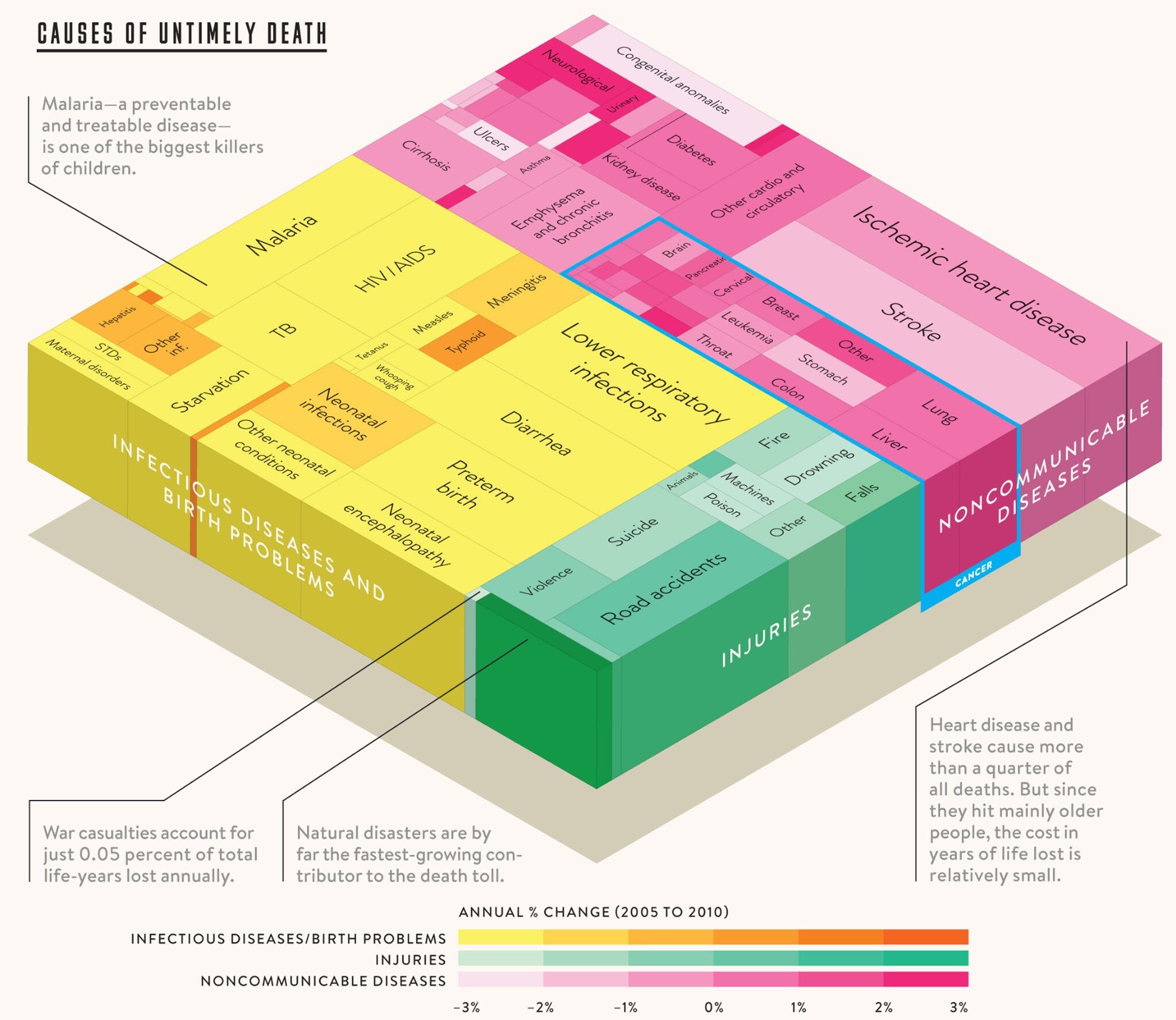Breaking news! Banning Exports is a Bad Idea
PLEASE take the time to read the excerpts below, and if you agree with them, post a comment at the USA Today web site. 41 African traders have been arrested for "e-waste" dumping in the past 13 months, based on hyperbole. A major United Nations Environmental Programme research team spent 2 years examining seized sea containers and found 91% reuse - higher than brand new product sold in Africa. The World Bank found 6.9 million households in Lagos had TV, and the ones burning at dumps were mostly generated by cities like Lagos, NOT imported. BAN has reviewed the UNEP study and applauded it (though they still say 80% of it is burned as junk in this article!)
Please also support and join fairtraderecycling.org Exports aren't perfect, but shredding working equipment and forcing Africans to buy in back alleys is not making them better. Legal and safe reuse and recycling is our goal.
"Two years ago, Ingenthron launched a movement he calls Fair Trade Recycling to influence public opinion on e-waste. Fair Trade Recycling is based on the same Fair Trade principles Green Mountain Coffee Roasters has used so effectively with coffee, working to ensure growers the Waterbury company buys from in Central America and around the world receive a fair price for their beans and are able to steadily improve their living and working conditions."
"Katharina Kummer Peiry served as executive secretary of the Basel Convention for five years, from 2007 to 2012. Peiry, a Swiss attorney and specialist in international environmental law, helped to create the Basil Convention when she joined the United Nations Environmental Program in 1988. She believes public opinion is lagging behind the facts on the question of whether e-waste is being dumped.
"My perception is this issue was a significant issue 10 years ago but the situation has now changed in that the material price has gone up," Peiry said. "New technologies not available at that time make this material quite valuable. It doesn't make sense to dump it."
"Peiry says Basil Action Network has a "very strong stamp of credibility" built up over time and has been able to seize the high moral ground in the public discussion of e-waste. That concerns her for the same reason Ingenthron is concerned. She's afraid the legitimate and productive trade in recycled electronics will fall victim to concerns about dumping.
"There's a strong perception in the United States that the Basel Convention prohibits exports," Peiry said. "That's not the case. At this point there is relatively little awareness in my perception that discarded electronics are not always a problem, but can be useful."
"Josh Lepawsky, a professor of cultural, economic and political geography at Memorial University of Newfoundland in St. John's, is hoping to shed some light on the dumping debate with a $469,000 grant from the Social Sciences and Humanities Research Council in Ottawa. Ingenthron is a collaborator on the grant.
"Lepawsky and several of his graduate students have already done field work in Dhaka, the capitol of Bangaladesh, and reached conclusions similar to those drawn by Katharina Kummer Peiry.
"When we surveyed the people in this trade most of their imports were coming from elsewhere in Asia, principally China," Lepawsky said. "There are shipments that come from the United States to Bangladesh, but in terms of sheer number, they're in the middle to low end."
"Lepawsky and his students also found that most of the so-called e-waste shipped to Dhaka was being repaired, recycled or refurbished in some way, a business that presumably will disappear if a ban on exporting electronics is put in place.
"If the dangers of in-ground smelting need further study, Lepawsky is less reluctant to give his opinion of the consequences of banning e-waste exports.
"Bans are going to do something along the lines of the following," Lepawsky said. "They will harm people's livelihoods who are already at the margins in terms of economic survival. On that account, they may not be the best thing to do."
USA TODAY - Dan D'Ambrosio 9/27/2013










